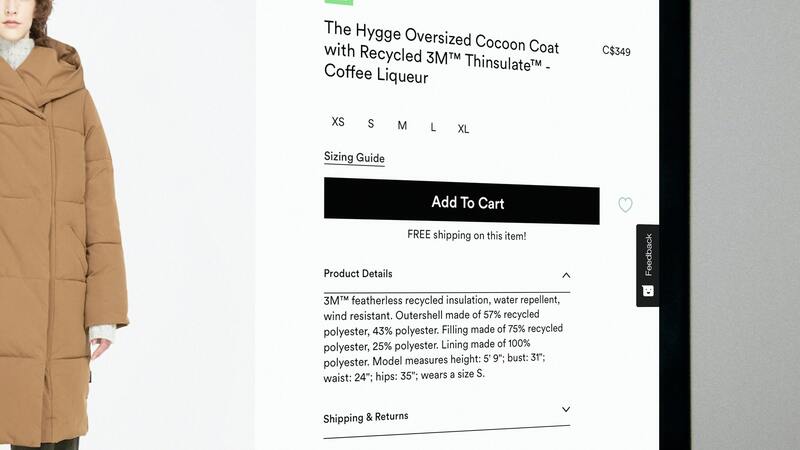If you’re looking for a DYI friendly small-business website platform, the usual suspects are likely to include WordPress, Squarespace, Shopify, GoDaddy, Weebly, and hopefully Wix.
One of the main reasons these platforms are attractive is their ease in setup and updating. Even if you hire a designer to create your site, a user will find updating it as easy as using Microsoft Word or Google Docs. The similarity with document/content creation and using these tools is no coincidence. Indeed, they are called CMS platforms for this very reason (CMS = Content Management System).
Speaking of CMS, I recently shifted my company website to the Wix CMS from Squarespace. The decision for the move was partially due to the lack of integrations for some of the functionality I was after. I initially considered WordPress, but with instability being well-documented – it was out of the question. We don’t sell anything tangible, so Shopify isn’t a good fit, and the other options just do not offer enough opportunity for deep-SEO (important for an SEO company like mine).
Enter Mike – from Wix (hi Mike!). As if listening through my Alexa device, Mike’s outreach could not have been timed more perfectly. So, we booked a chat. On this call, I told Mike of my experience with Wix back in 2009 (or was it 2010?) when Wix was heavily investing in flash-based and infinite-scroll (parallax) websites – which as sexy as that was, were horrible for SEO. I know this firsthand, Wix was technically my first website platform for my business before shifting to Squarespace where I remained for 11-years. There were lots written about the SEO problems with Wix websites during these times, so no need to rehash, but suffice it to say – they earned few accolades from the SEO community, and as a website platform – you want the SEO community to love your product!

